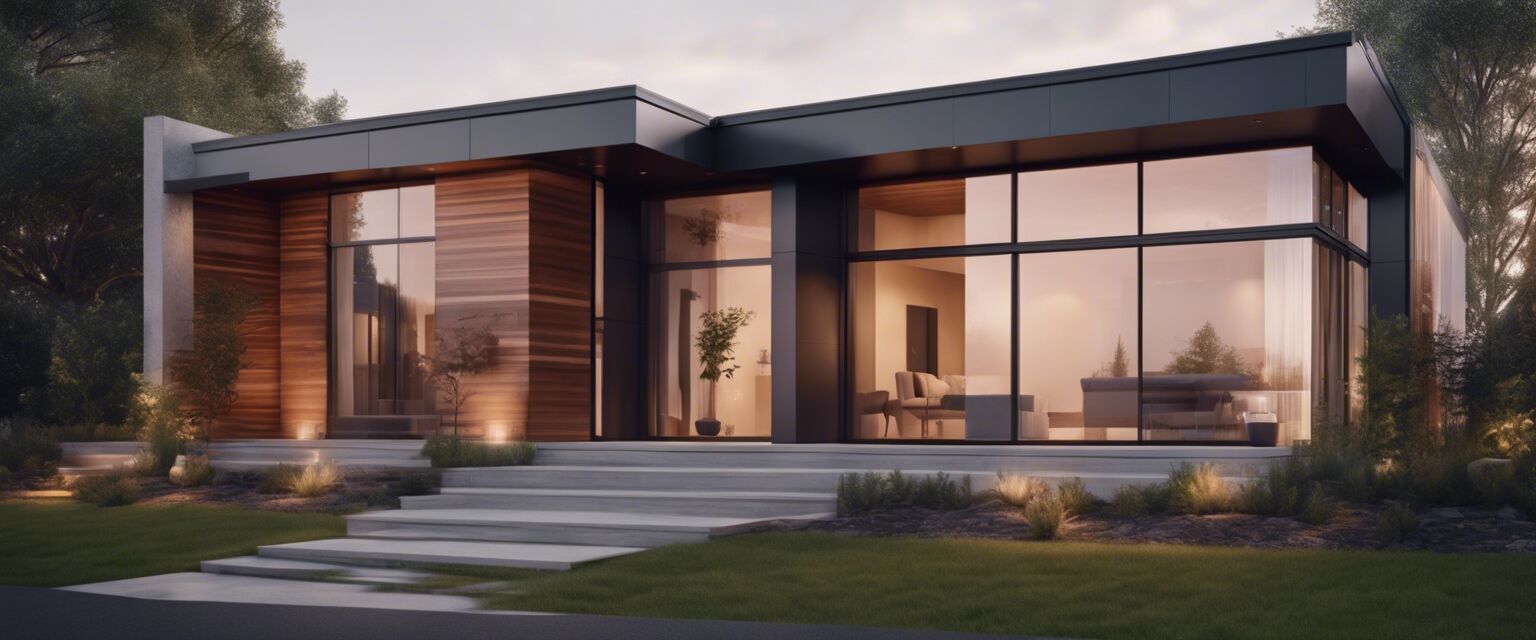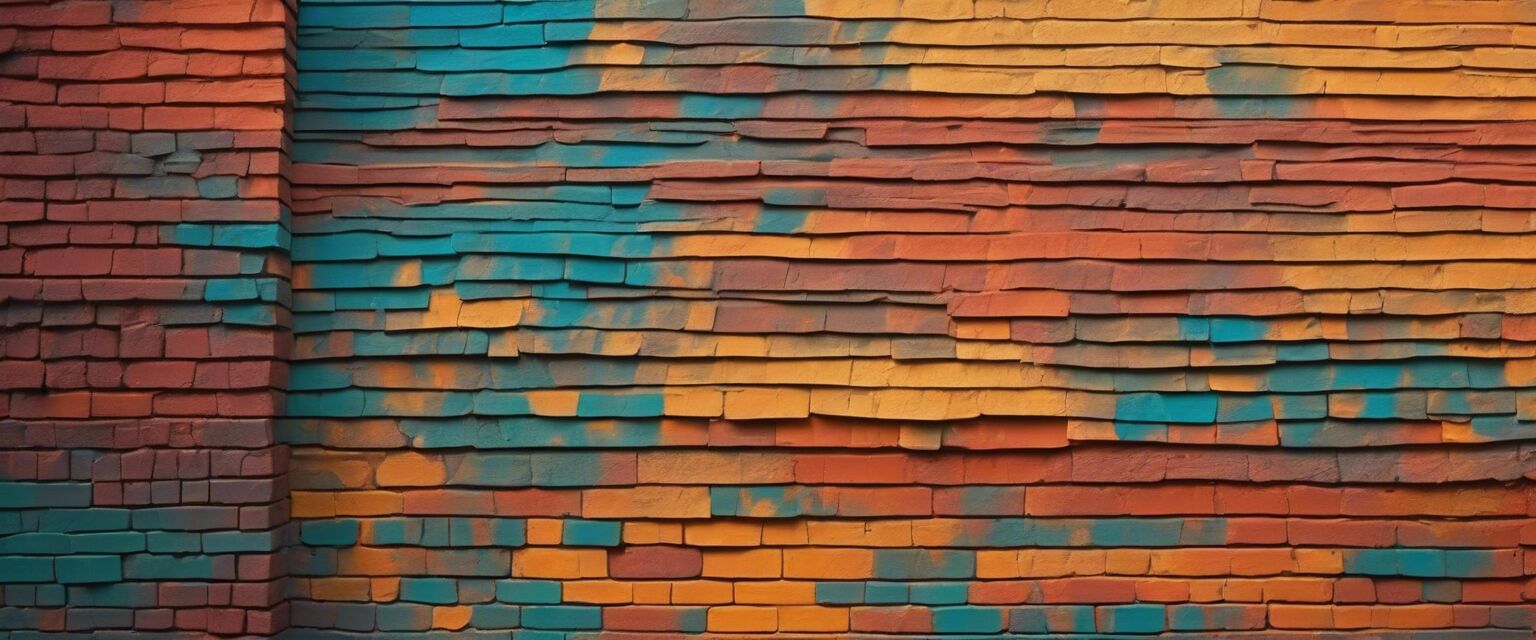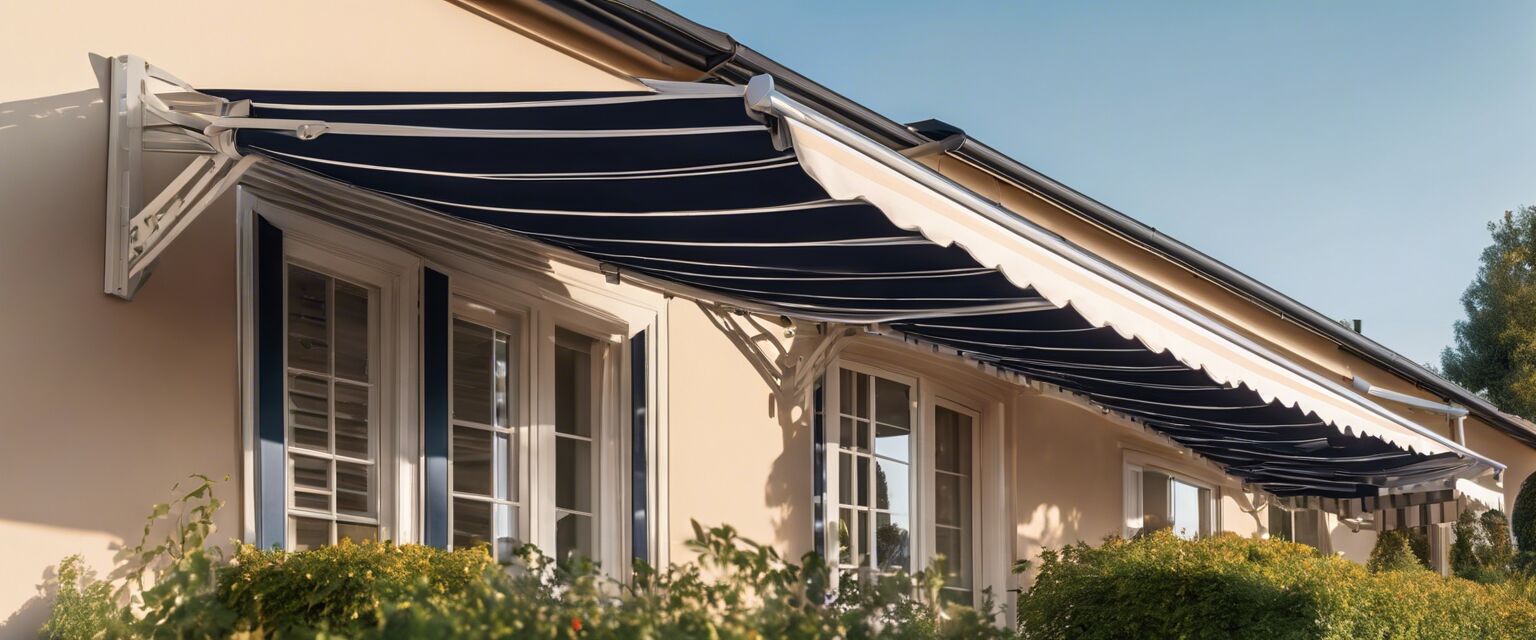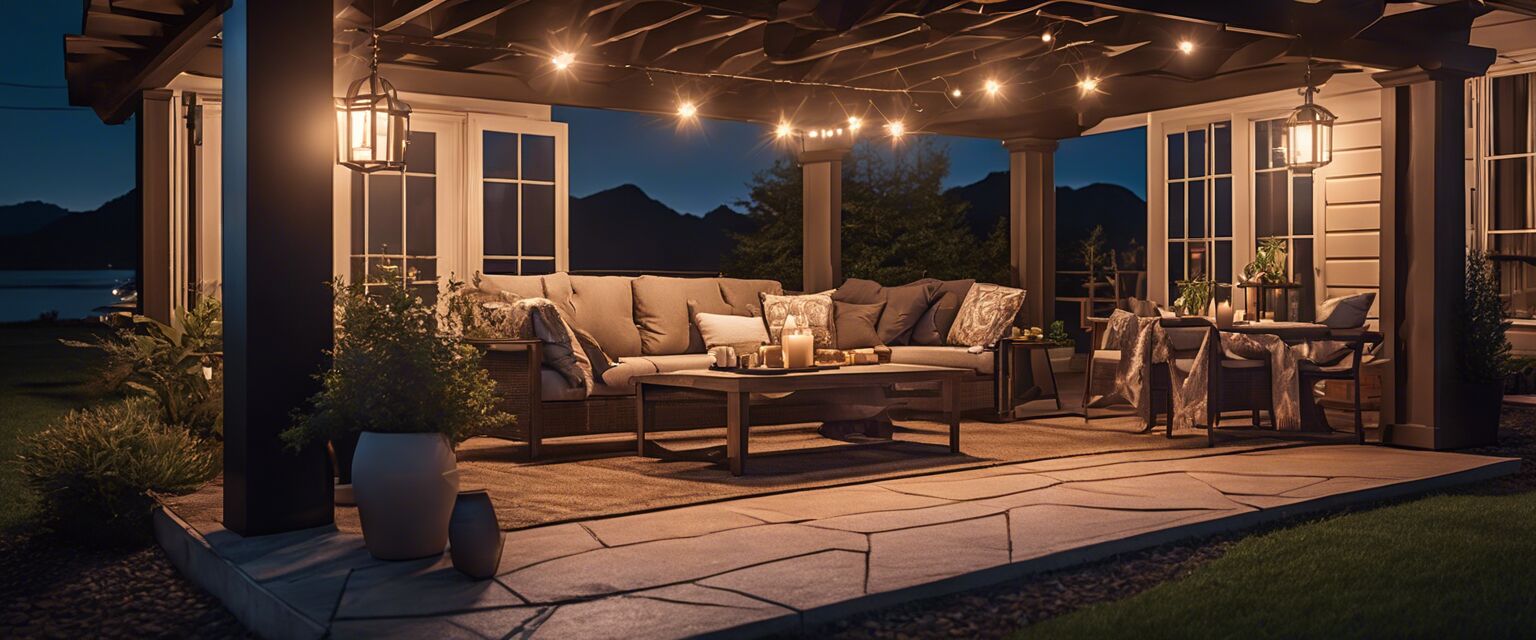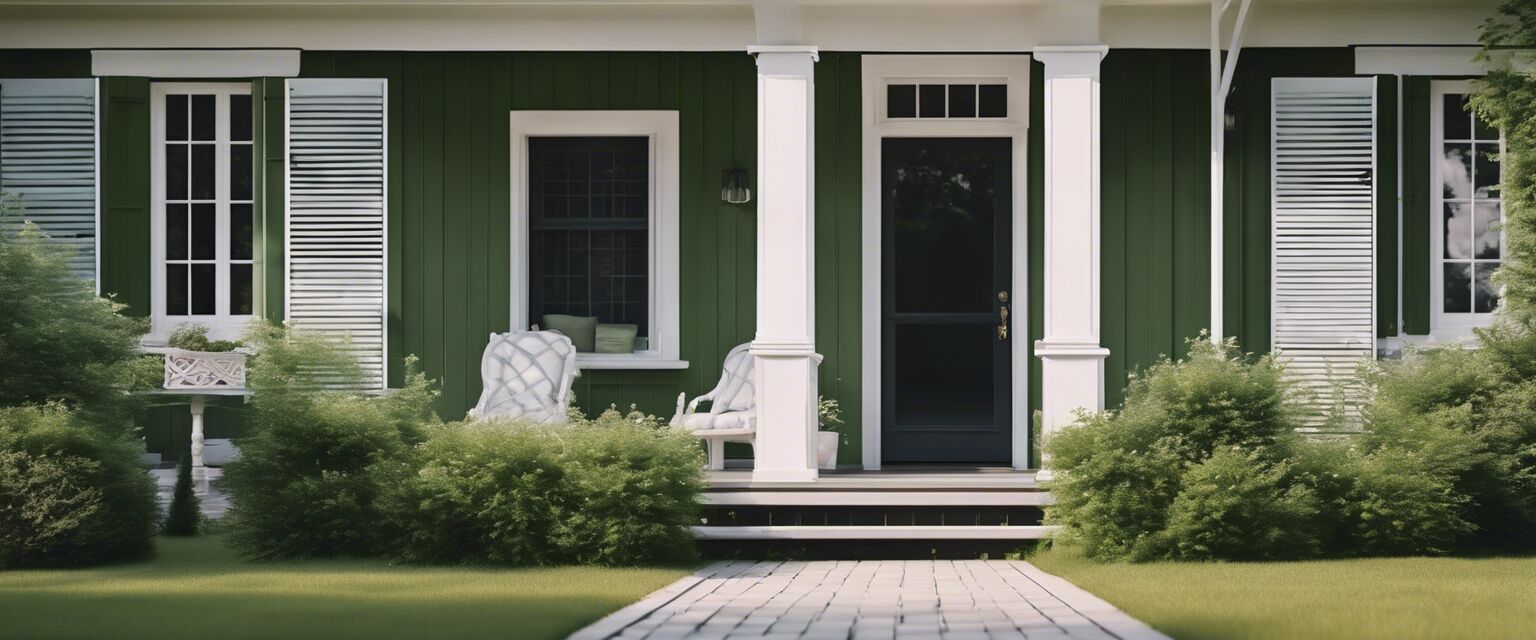
Window Shutters: A Comprehensive Guide to Styles and Installation
Window shutters are an excellent addition to any home, providing aesthetic appeal, functionality, and energy efficiency. Whether you're looking to enhance your home's curb appeal or improve its functionality, window shutters are an excellent choice. In this article, we'll delve into the different styles of window shutters, their benefits, and the installation process.
Key Takeaways
- Window shutters come in various styles, including Panel, Louver, and Board and Batten.
- They provide energy efficiency, noise reduction, and added security.
- Installation can be DIY or professional, depending on the complexity of the project.
Types of Window Shutters
Window shutters come in various styles, each with its unique characteristics and benefits. Here are some of the most popular types of window shutters:
| Style | Description | Benefits |
|---|---|---|
| Panel | A solid panel with no louvers or openings. | Provides maximum light blockage and energy efficiency. |
| Louver | Features horizontal or vertical louvers that allow for airflow and light control. | Offers flexibility in light control and ventilation. |
| Board and Batten | A rustic style featuring wide boards with narrow battens in between. | Adds a touch of rustic charm to your home's exterior. |
Benefits of Window Shutters
Window shutters offer a range of benefits that make them an attractive addition to any home. Here are some of the most significant advantages of installing window shutters:
- Energy Efficiency: Window shutters provide an additional layer of insulation, reducing heat gain in the summer and heat loss in the winter.
- Noise Reduction: Shutters can help block out external noise, creating a more peaceful living environment.
- Added Security: Window shutters can deter intruders and provide an added layer of security for your home.
- Increased Curb Appeal: Window shutters can enhance your home's exterior, boosting its curb appeal and resale value.
Installation of Window Shutters
Installing window shutters can be a DIY project or a professional job, depending on the complexity of the installation. Here are the general steps involved in installing window shutters:
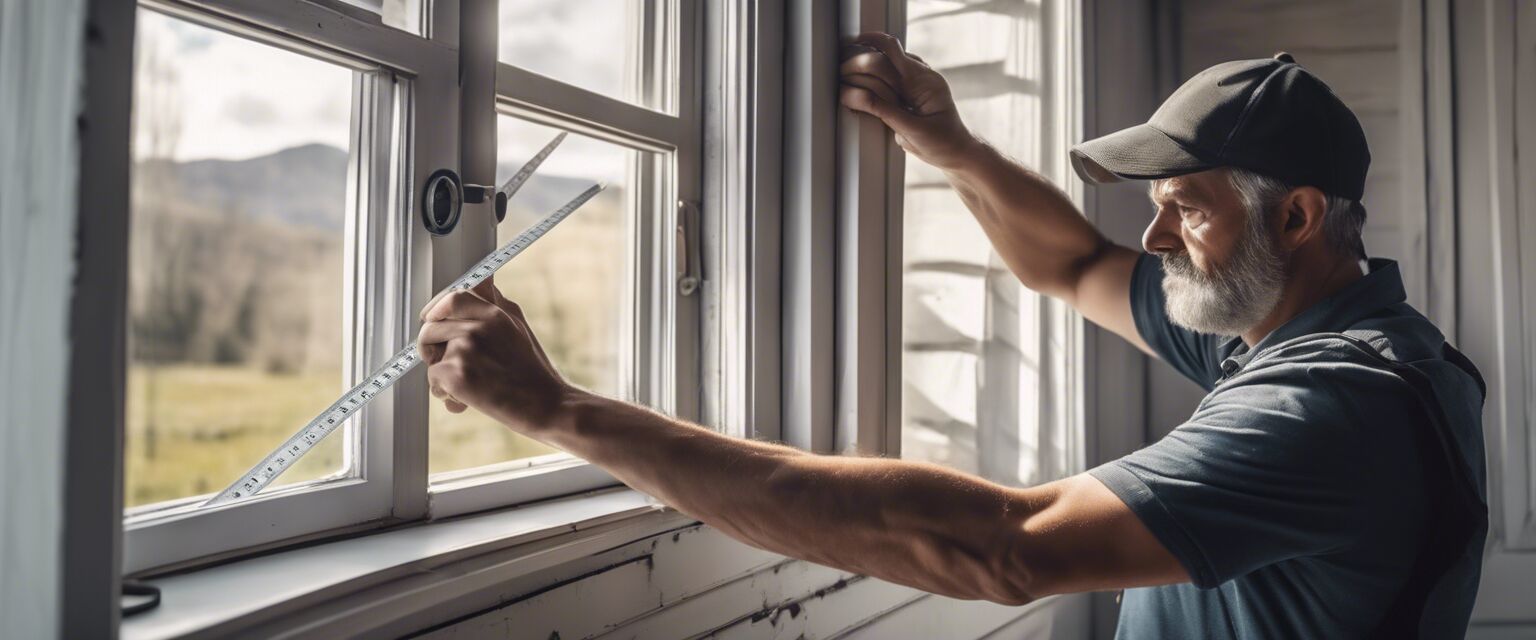
- Measure the windows to ensure a proper fit.
- Choose the type of shutter and material (e.g., vinyl, wood, or composite).
- Install the shutters, ensuring proper alignment and secure fastening.
- Adjust the shutters to ensure proper functioning and fit.
Conclusion
Window shutters are a valuable addition to any home, providing a range of benefits and styles to suit any taste. Whether you're looking to enhance your home's curb appeal, improve energy efficiency, or add an extra layer of security, window shutters are an excellent choice. For more information on exterior home accents and accessories, check out our Exterior Paint, Outdoor Lights, and Awnings sections.
Pros
- Energy efficiency and noise reduction
- Added security and curb appeal
- Various styles and materials to choose from
Cons
- Higher upfront cost compared to other window treatments
- May require professional installation for complex jobs
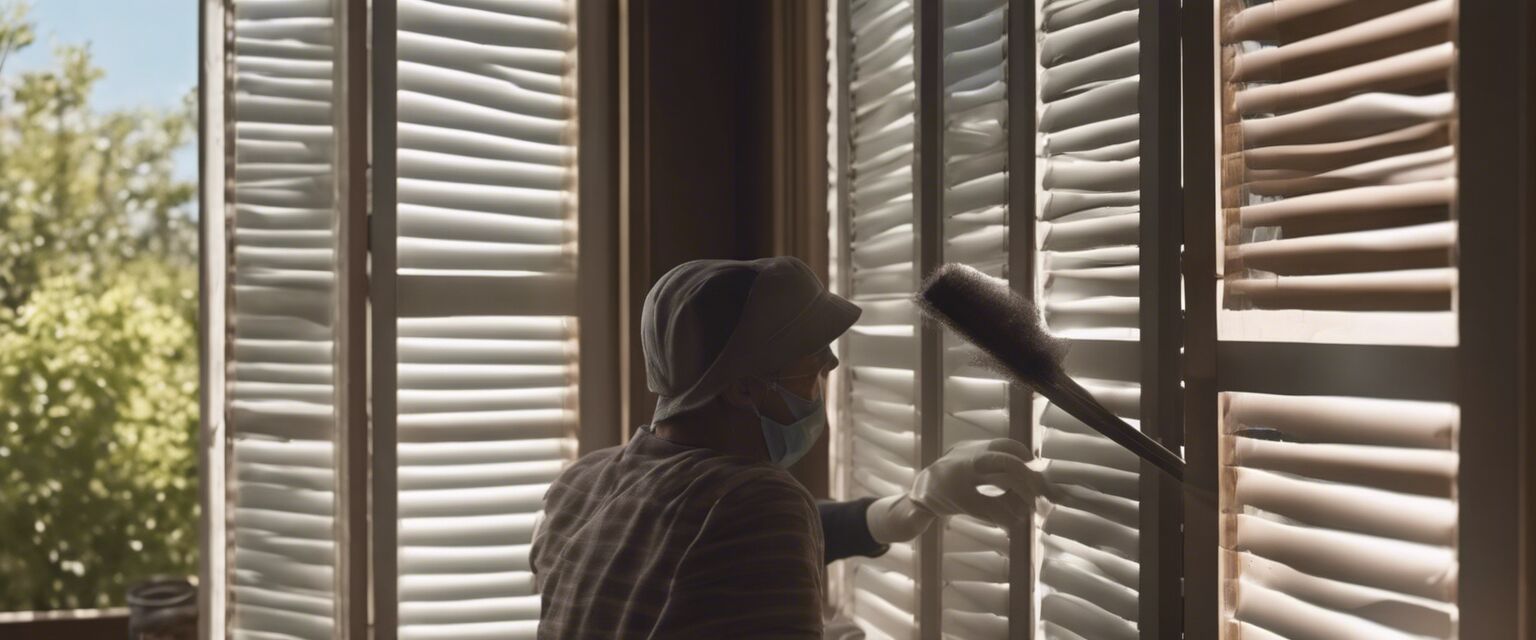
Tips for Maintenance and Care
- Regularly clean your window shutters to maintain their appearance and functionality.
- Inspect your shutters for damage or wear and tear, and repair or replace them as needed.
- Consider applying a protective coating to your shutters to extend their lifespan.
By following these tips and considering the benefits and styles of window shutters, you can enhance your home's exterior and create a more comfortable living space. For more information on exterior home accents and accessories, check out our Exterior Doors section.
